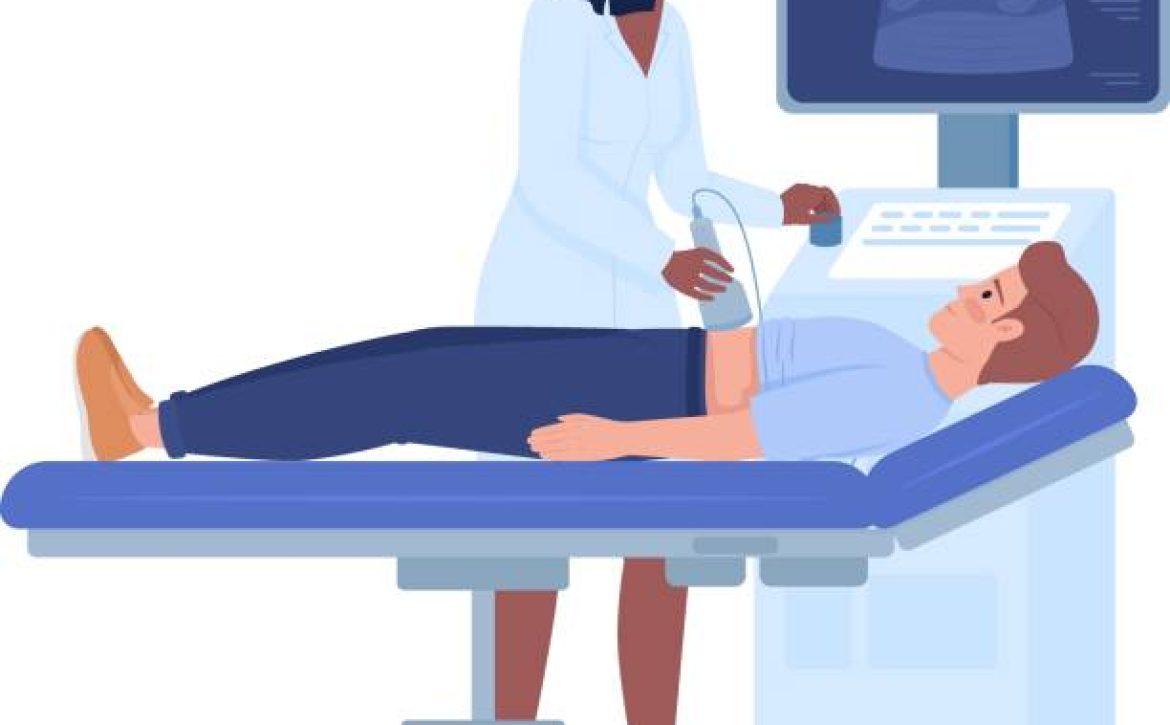Understanding Fatty Liver: Causes, Symptoms, and Management
Fatty liver, medically known as hepatic steatosis, is a common condition characterized by the accumulation of excess fat within the liver cells. This condition can have various causes and can range from mild to more severe forms. Fatty liver is becoming increasingly prevalent worldwide, and it’s important to understand its causes, symptoms, and management strategies.
Causes of Fatty Liver:
Non-Alcoholic Fatty Liver Disease (NAFLD): The most common cause of fatty liver is non-alcoholic fatty liver disease, which is often associated with obesity, insulin resistance, and metabolic syndrome. These conditions contribute to the accumulation of fat within the liver cells.
Alcoholic Fatty Liver Disease: Excessive alcohol consumption over an extended period can lead to alcoholic fatty liver disease. Alcohol is processed in the liver, and heavy drinking can overwhelm the liver’s ability to metabolize fat.
Medications and Toxins: Certain medications, such as corticosteroids and tamoxifen, as well as exposure to toxins, can lead to fatty liver.
Rapid Weight Loss: Sudden and significant weight loss, especially in cases of obesity, can cause the liver to release fat into the bloodstream, leading to fatty liver.
Symptoms of Fatty Liver:
In its early stages, fatty liver may not cause noticeable symptoms. However, as the condition progresses, you may experience:
Fatigue
Unexplained weight loss
Pain or discomfort in the upper right abdomen
Enlarged liver
Elevated liver enzymes in blood tests
It’s important to note that these symptoms can be indicative of other conditions as well. Therefore, if you’re experiencing any of these symptoms, it’s crucial to consult a medical professional for proper evaluation.
If you are unsure of the symptoms you are experiencing we would recommend an abdominal ultrasound, this will allow the assessment of other possible causes of symptoms in the abdomen and liver such as diagnosing gallstones, tumours, cysts and also liver function.
Diagnosis and Risk Factors:
Fatty liver can be diagnosed through imaging studies such as ultrasound, CT scans, and MRI. These tests help visualize the amount of fat accumulated in the liver. Your doctor may also recommend blood tests to assess liver function and rule out other potential causes.
Certain factors increase the risk of developing fatty liver:
Obesity or overweight
Type 2 diabetes
High blood pressure
High cholesterol levels
Sedentary lifestyle
Poor diet
Rapid weight loss
Management and Prevention:
Managing and preventing fatty liver involves lifestyle modifications and, in some cases, medical intervention:
Healthy Diet: Adopting a balanced diet rich in fruits, vegetables, whole grains, lean proteins, and healthy fats can help prevent and manage fatty liver. Avoiding high-calorie, sugary, and processed foods is crucial.
Regular Exercise: Engaging in regular physical activity helps improve insulin sensitivity, aids in weight loss, and reduces fat accumulation in the liver.
Weight Management: Maintaining a healthy weight is essential for preventing and managing fatty liver. Gradual, sustainable weight loss can significantly improve liver health.
Limit Alcohol Consumption: If you have alcoholic fatty liver disease, reducing or eliminating alcohol consumption is crucial for recovery.
Medical Supervision: In some cases, medical intervention may be required. Your doctor may prescribe medications to manage underlying conditions, such as diabetes or high cholesterol.
How do you know if you have a fatty Liver?
Fatty liver is a prevalent condition that can have serious implications for your liver health. Understanding its causes, symptoms, and management strategies is essential for preventing its progression and ensuring optimal liver function. If you suspect you have fatty liver or are at risk, consult a medical professional for proper evaluation and guidance.
Remember, a healthy lifestyle, including a balanced diet, regular exercise, and avoiding excessive alcohol consumption, plays a key role in maintaining your liver’s well-being. Prioritising your liver health today can lead to a healthier tomorrow.
We offer a range of scans suitable for those wanting a diagnosis on fatty liver disease and the option below allows you to select your appointment date and time for a Liver Fibroscan additionally we offer a Liver and Pancreas screening blood test or a liver ultrasound option.

